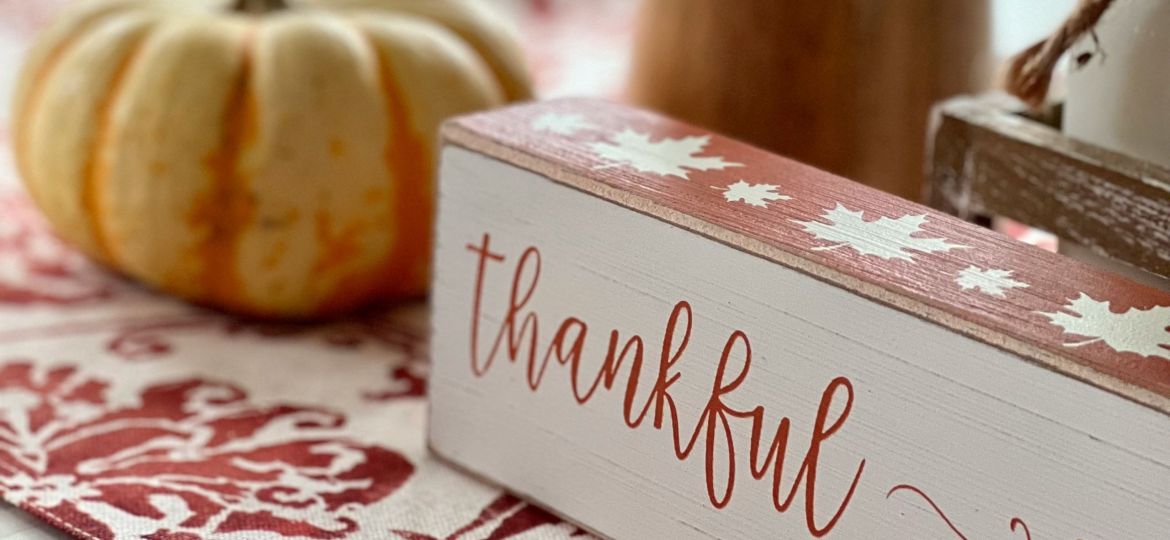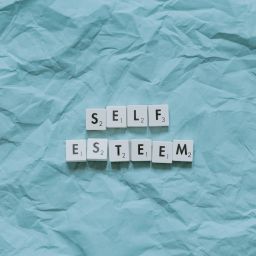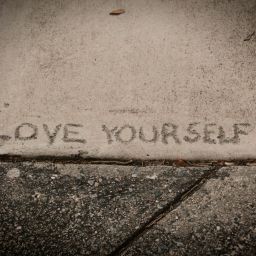
I wonder what the title of this post means to you? Gentle gratitude. It took me a while to come up with the words for what I wanted to express. I hope my reflections on the subject of gratitude might be useful to you but I offer them lightly and please take them gently. Be gentle to yourself as you consider whether this might be for you or not.
My fear when I planned to write a post about gratitude was that for some people it might feel like pressure to be positive, a sticking plaster for a gaping wound, or an implied suggestion that you should keep quiet about your problems. As a counsellor, that’s certainly not the message that I wanted to convey.
WHY FOCUSING ON GRATITUDE MAY NOT ALWAYS FEEL HELPFUL
1. If you have grown up with messages along the lines of, “Be grateful for what you have and don’t complain,” then the suggestion that you could improve your wellbeing by expressing gratitude might feel like being silenced all over again.
2. If you are in a dark place and the pain you are in (emotional, physical, perhaps both) feels too much, then advice to be grateful might feel like that sticking plaster which is nowhere near enough to help with what you are going through.
3. If social media posts about gratitude sometimes make you feel like you are not good enough, that other people’s lives are better/easier/happier than yours, or that you “should” be more grateful, then it’s understandable that you might not feel open to hearing how gratitude can be beneficial.
If any of these apply to you, be kind to yourself. This post may be useful to you or it may not. It’s okay for you to choose what you take in and what you leave aside.
WHY GRATITUDE MIGHT HELP
Remembering to notice what we are grateful for doesn’t come naturally. We are all wired with a “negativity bias” which helps us to survive by ensure we notice potential threats in our environment. This means that we are more likely to notice and dwell on negative experiences while overlooking more positive ones. Ruminating on negative thoughts can make us more prone to anxiety and depression. You can read more about this here.
Strategies which help us to focus on what we are grateful for can help to shift the balance more in the direction of positive thoughts, reducing the power of negative ones to overwhelm us. Research has shown that “people who tried… different methods of being deliberately grateful had better mental health, were more satisfied with their lives, and had fewer symptoms of anxiety and depression”.
SOME SIMPLE GRATITUDE PRACTICES TO TRY
1. 5 Senses quick gratitude practice – noticing things you are thankful for that you experience with each of your five senses. It’s an easy one to do anywhere, and especially lovely out in nature, though for the taste you might have to call on a memory of your last mealtime, unless you happen to pass by any ripe blackberries.
2. Gratitude list – write a list of the things you are grateful for, or “count your blessings,” to use a more traditional phrase. Grab a pen and paper, use a notes app on your phone, or create a social media post. Perhaps set yourself a target number for each time you do it. Sometimes, I like to do ten and count them on my fingers.
3. Gratitude journal – if you love beautiful stationery, this one’s for you. Perhaps you write a journal already and could choose to focus on gratitude one or two days a week, or include something you are grateful for in each journal entry. Or if you love a reason to buy a new notebook, start a journal especially to remind yourself what you are grateful for.
4. Accountability – ask a friend to pair up with you in your gratitude practice. Can you share what you are thankful for in a quick message at the end of the day? Or could you use sharing on social media as a way to be accountable?
5. Gratitude app – I’m just trying this out for the first time as part of my research for this post. I’m using one called “Gratitude Self Care Journal”, an iPhone app which was recommended to me this week and I’m enjoying it so far. It has simple daily prompts to get you started on writing about what you are grateful for. You can also create your own affirmations and then play them back to yourself when you need a reminder to be kind to yourself and to be thankful for what you have.
6. Morning thankfulness for the day ahead – I’ve been inspired this week by a comment that came up in a discussion about gratitude on social media. The suggestion is to start each day by saying “thank you” for each activity you are going to be doing each day. I’m trying this and it is so helpful in combatting feelings of overwhelm and starting the day in a more positive mood.
7. Giving thanks at mealtimes – for some, saying “grace” before meals may be part of your faith tradition. This could be a good practice for people of any faith or none. I like the idea of linking gratitude practices to something you do every day. Expressing thanks (verbally or internally) before eating could encourage mindful appreciation of food as well as reminding us to notice other things we are grateful for.
8. Weave your gratitude into daily habits that help you to stay present – perhaps a few moments of mindfulness or a walk out in nature. Learn what helps you to get into a state of mind where thankfulness naturally flows and do more of that.
WHAT TO DO WHEN IT FEELS HARD TO BE GRATEFUL
If this feels really difficult for you, the first thing to do is to remind yourself it’s okay to feel this way. Start with where you are. If you like keeping a journal, perhaps you could write about what comes up for you when you try to practise gratitude. Do you know why it feels difficult? Is this something you would like to work on?
If the reason it’s so hard is that the pain you are in is so huge and it feels like gratitude practices are nowhere near enough to help, perhaps you would benefit from talking those feelings through with someone. This could be a friend, family member or therapist. If you would like to find out how therapy could help you, contact me on hannahflowerscounselling@gmail.com to find out more.


